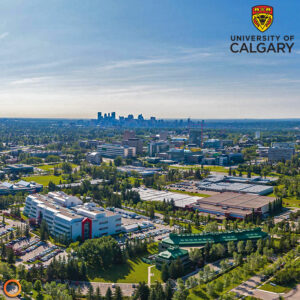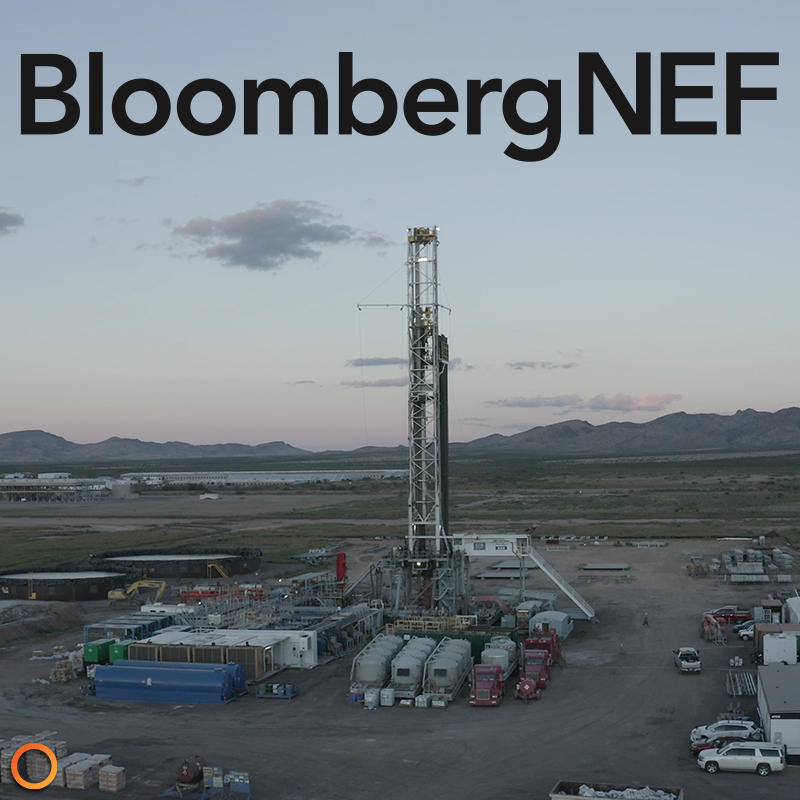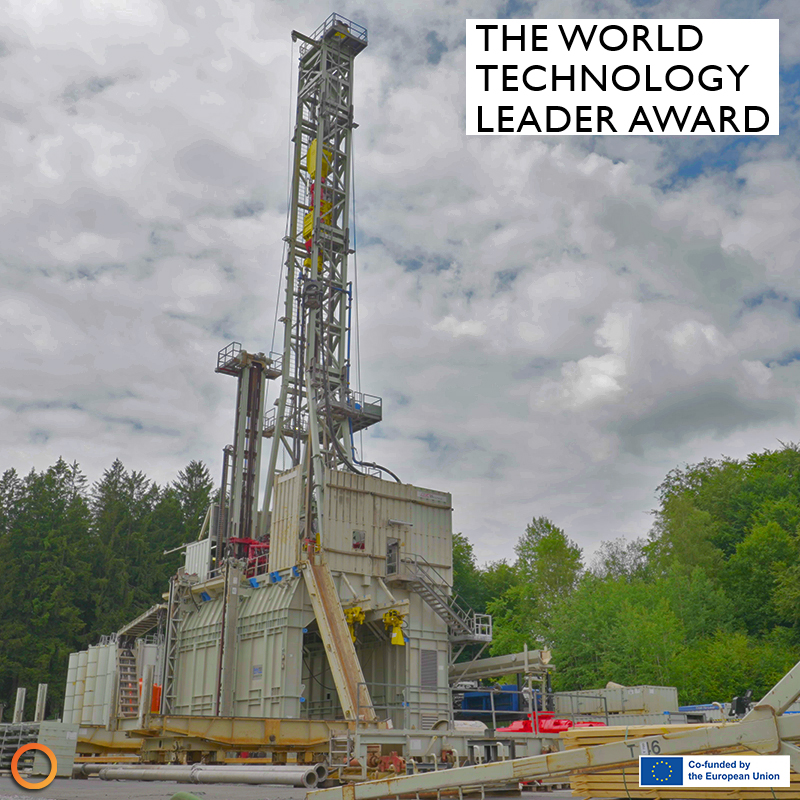The University of Calgary is training the next wave of green energy leaders in Alberta, one of the world’s leading oil and gas hubs.
Enrolled in the Master of Science in Sustainable Energy Development (SEDV) program at the U of C, post-graduate students participate in classes to understand real-world dilemmas in the energy industry, and research projects geared toward creating new and innovative solutions for a green future.
Dr. Irene Herremans, Ph.D., is the program’s capstone research course professor. U of C’s article by David Hedley, detailing the program and student project quoted her, saying: “the capstone research course is a microcosm of what we need to do on a larger scale to mobilize the effort and knowledge as we make our way on our sustainability journey.”
Companies like Pipestone Energy Corp., who are looking for ways to meet emissions reduction targets, can partner with the program for in-depth research into the viability of solutions like solar integration. SEDV student Nikhitha Gajudhur dove deep into a cost, benefit, and design analysis and concluded a 5-acre solar farm could generate over half of the organization’s annual energy consumption and reduce CO2 output by over 1000 tonnes.
Intriguing and notable is another project, done by Nicolas Barry-Hallee. Barry-Hallee used the innovative engineering concepts underpinning Calgary-based Eavor Technologies Inc. to assess if a closed-loop geothermal extraction system could feasibly be installed under the main U of C campus.
His analysis found that by employing Eavor-Loop technology, the U of C would see a lifetime reduction of 2.15 million tonnes of CO2, cost recuperation between 8 and 20 years after installation, and a lower levelized cost of energy (LCOE).
Per Barry-Hallee’s research, the Eavor-Loop would need to be at least 9km deep, with between 2 and 4 loops, or wellbores for increased heat conduction. In theory, the heat extracted would be used for both heating and power needs on campus, and move the U of C further toward its Climate Action Plan goal of carbon neutrality by 2050.
This isn’t the first instance of joint efforts between Eavor and the U of C, however theoretical. Eavor is an industry partner in the collaborative research and development of multiple projects through NSERC, Mitacs, and Campus Alberta Small Business Engagement programs.
Projects include research into drilling techniques for hard rock; design and development of measuring and modelling heat movement through reservoirs; and creation of evaluation methods to “optimize community-scale geothermal systems for heating and cooling” in cold environments, with real-world applications in Calgary.



















